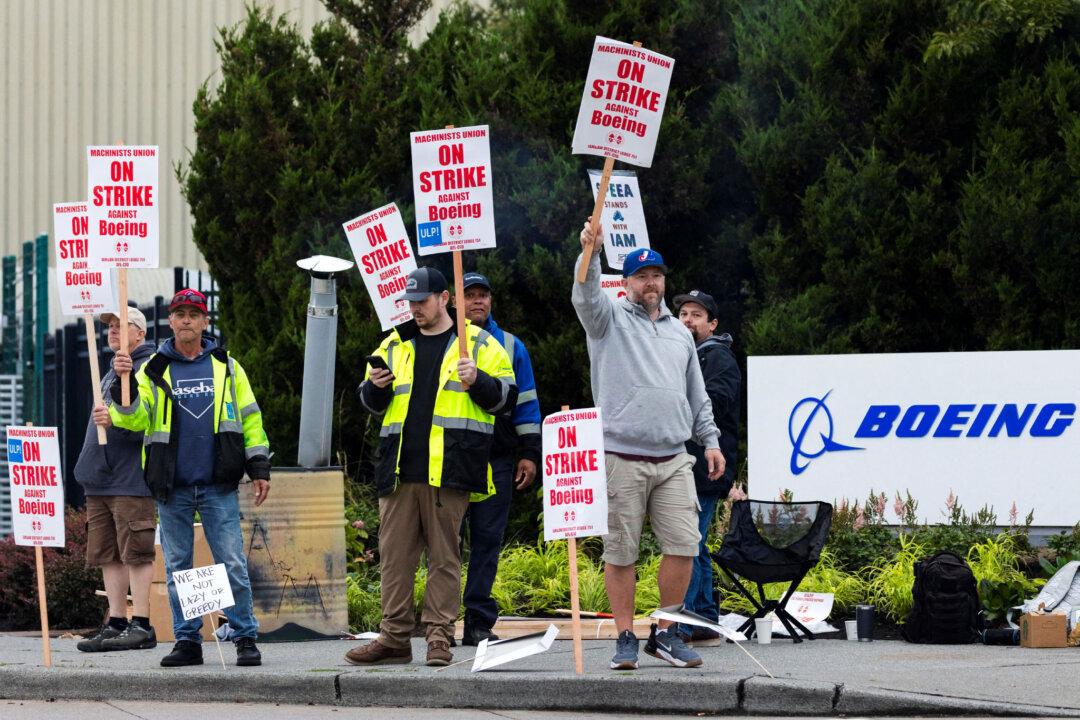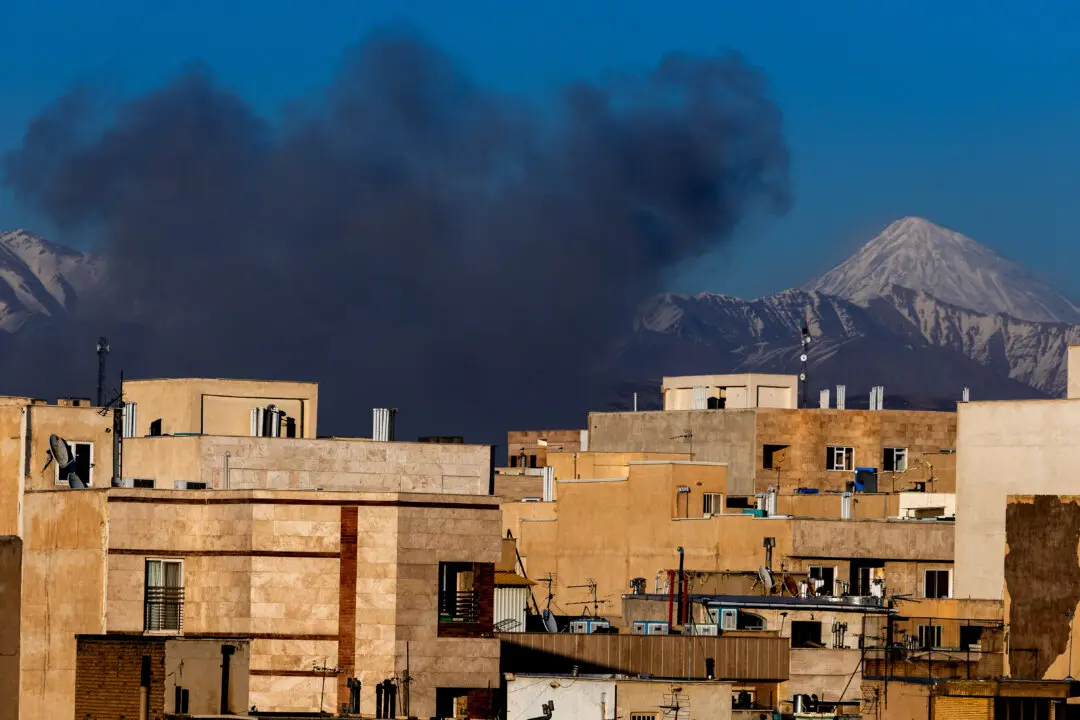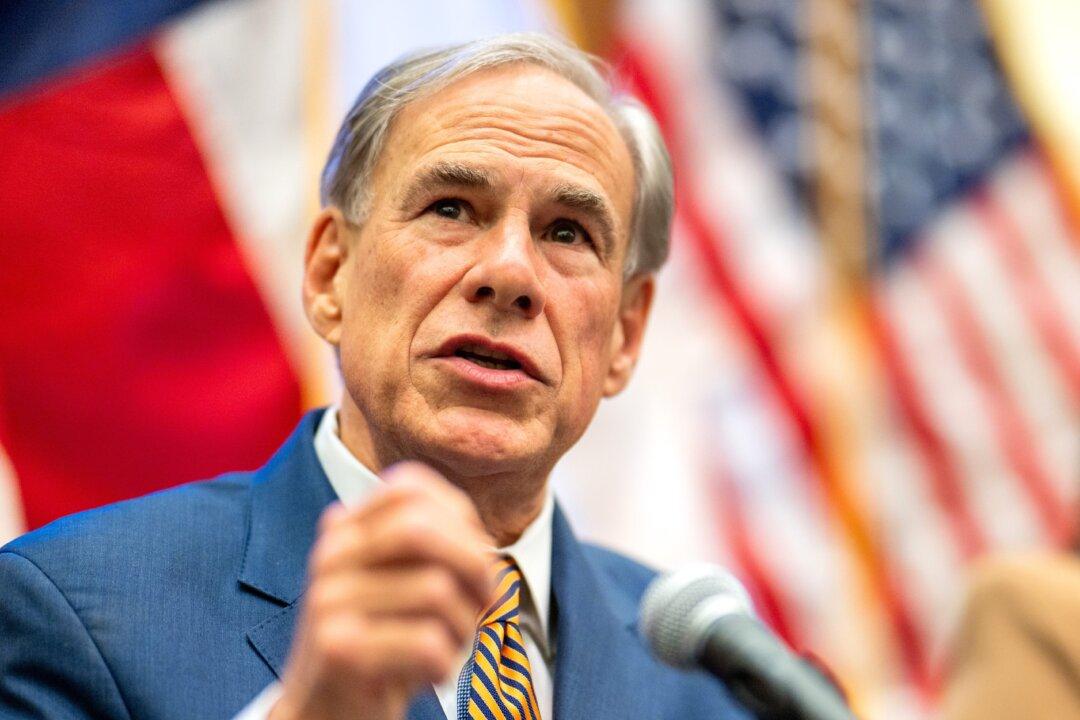Boeing factory workers walked off the job after 12 a.m. on Friday, stopping production of the prominent aerospace manufacturer’s airplanes after they rejected a new contract.
International Association of Machinists and Aerospace Workers (IAM), the union, voted 96 percent to strike, and 94.6 percent voted to reject the Boeing agreement in the Seattle area and in neighboring Oregon.





